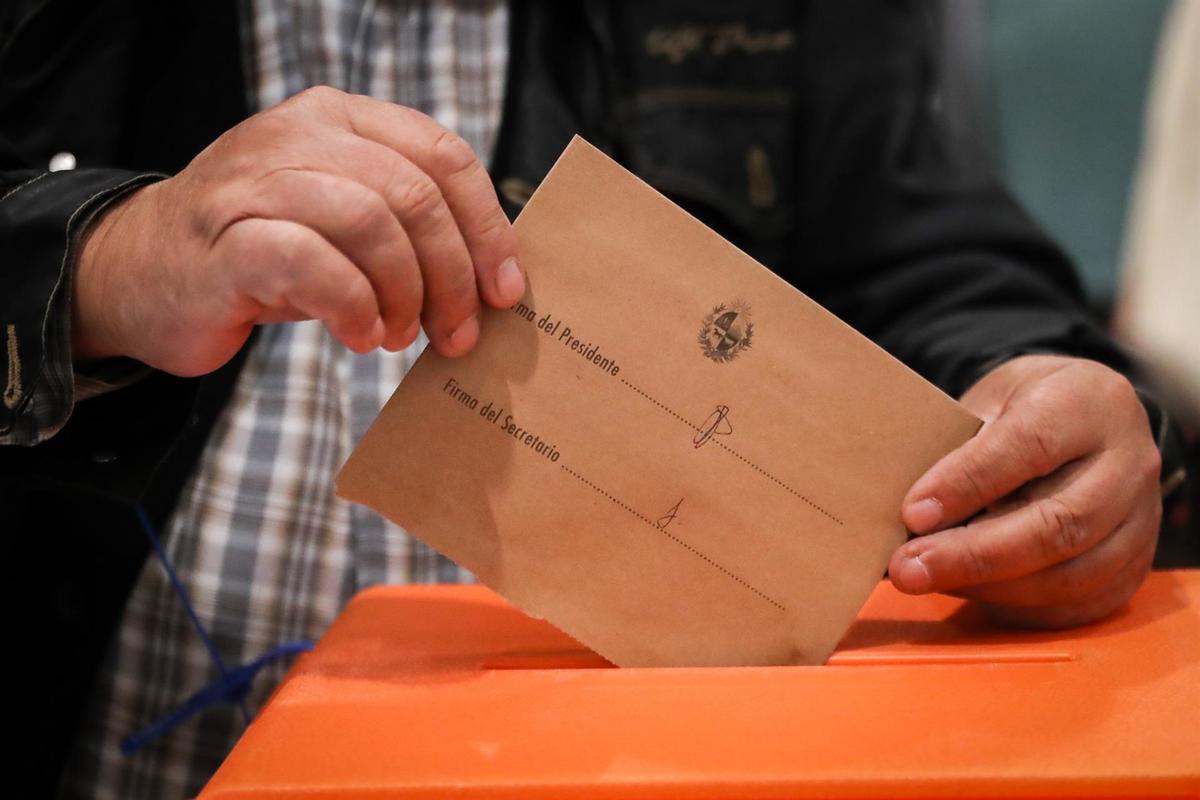RIO DE JANEIRO, BRAZIL – As Yanina Welp points out, Uruguay has a “system capable of democratically channeling conflict”. On March 27, 2022, the protest against the Law of Urgent Consideration (LUC) was channeled through a referendum, specifically through collecting signatures of at least 25% of the total electoral roll, to submit 135 articles of a law containing 476 to popular consultation.
Although the objective was achieved, direct democracy was not taken care of and evidenced weaknesses that the political system must repair to strengthen democracy and keep away the temptations of the partidocracy mentioned by Welp.
The law in question was an initiative of President Luis Lacalle Pou and the National Party. It was presented to the government coalition formed by center-right political sectors, approved with some modifications introduced mainly by the government coalition itself. The “urgent” nature of the proposal (clause 7 of article 168 of the Constitution) meant that it had to be discussed and resolved within 60 days; otherwise, it was considered automatically approved.

Since the reinstatement of democracy in 1984, this mechanism has only been used on 13 occasions and only to approve specific policies. In this case, it is an omnibus law since it covers at least 15 different issues that modify various articles and policies; with the aggravating factor moreover that it was presented in the context of a pandemic, at a time of great uncertainty regarding the future of the disease and when there was a strong restriction on citizen mobility so that mobilizations against the law were effectively curtailed.
However, the social organizations mobilized to activate the referendum; first, to repeal the whole law, although, finally, they agreed with the leading opposition political sector (the Frente Amplio) to try to repeal the articles that implied the most significant setback in terms of rights. Although trade unionism was very important in the mobilization, as it had been on similar occasions, it should be noted that feminism played a central role, perhaps for the first time in the history of direct democracy. The result was almost a technical draw, although, in the end, the law was upheld.
Beyond the result, the exercise of direct democracy showed several shortcomings, and here we will only mention some of them. The blank vote, as stated in the legislation, was interpreted and counted as an adherence to the maintenance of the law, which violates the right not to express an opinion on an issue and forces citizens to express themselves by annulling their vote, which was historically high (1.2% blank and 3.5% annulled).
Once again, the need for laws that regulate spaces in the media for the debate and dissemination of both positions became evident. As the Report of the Media Observatory of the School of Communication of Udelar points out, “the no campaign (for keeping the law) had almost twice as many minutes of coverage as the yes campaign (for repealing it)”. In addition, it registers an insufficient media coverage of the law and gender bias: women virtually ‘disappeared from the debate’ and the public space when they had been protagonists of the initiative. In addition, several debates were suspended due to the absence of some of the protagonists (almost always men), and there was no lack of false news, even expressed by the political actors themselves. The Government focused its campaign on the president, who did not appear until the last minute, using his prerogative: a press conference. That is to say, far from promoting a deepening of information and bringing citizens closer to political decisions, they were kept away and called to vote from party lines.
The tendency of political actors (and analysts) to make social organizations and their role in politics invisible. A referendum that the president, his coalition, and a good part of the opposition interpret exclusively from an electoral perspective when in reality, they are diverse, dissenting, uncomfortable voices. As Albert Hirschman says, the voice is “the political action par excellence”; it is necessary to know how to listen to it to avoid the exit: the outburst or the abandonment of politics.
With information from El País

